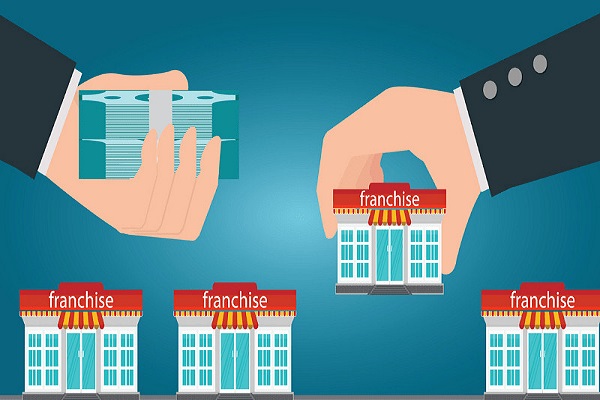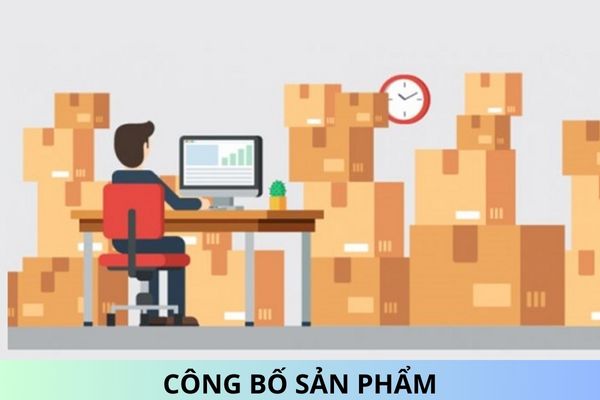What are the differences between commercial franchise and commercial agency in Vietnam?
Commercial franchising is one of the new forms that opens up a new development step for many businesses in the business world. However, many people still confuse it with the agency model. What are the differences between commercial franchise and commercial agency in Vietnam?

What are the differences between commercial franchise and commercial agency in Vietnam? - image from internet
Pursuant to Article 284 of the Law on Commercial in 2005, commercial franchise means a commercial activity whereby franchisors permit and require franchisees to undertake by themselves to purchase or sell goods or provide services on the following conditions:
The purchase or sale of goods or provision of services shall be conducted in accordance with methods of business organization prescribed by franchisors and associated with the franchisors’ trademarks, trade names, business knows-how, business slogans, business logos and advertisements.
Franchisors shall be entitled to supervise and assist franchisees in conducting their business activities.
Pursuant to Article 166 of the Law on Commercial in 2005, commercial agency means a commercial activity whereby the principal and the agent agree that the agent, in its own name, sells or purchases goods for the principal or provides services of the principal to customers for remuneration.
The main differences between the two forms:
1. Franchise business activities
- The franchisee must organize business activities of buying and selling goods, supplying products according to the requirements and regulations of the franchisor, associated with the trademark.
- The franchisee is subject to inspection, supervision and receives support from the franchisor for the operation of business activities under the franchising method.
- The franchisee must pay a franchise fee (as stipulated in the Franchise Agreement) to the franchisor.
2. Agent business activities
- The Agent is a unit receiving goods from the principal for sale, receiving authorization from the principal to provide services within the business rights of the principal, or receiving money from the principal to buy goods for the principal.
- The principal is the owner of the goods or money delivered to the agent.
- Except in case of agreement otherwise, the agent is entitled to receive agency remuneration paid by the principal through one of the forms such as receiving a commission, receiving a price difference, or a specific amount of money specified in the agency contract.
Therefore, it can be summarized as follows:
- Agent business activities are more focused on the direct supply of goods and services from the principal, while franchise business activities are more focused on organizing business operations associated with branding elements of the franchisor (it is not necessary to distribute goods and services directly from the franchisor, it can be done according to the instructions of the franchisor).
- In terms of finance and legal liability, it is clearly separated between the franchisee and the franchisor. For agent activities, the principal still has joint liability for the business activities of the agent related to the goods that he has delivered, or for the act of authorizing the provision of services.
- The franchisee must pay a franchise fee to the franchisor. Conversely, the agent is entitled to remuneration from the principal.
Best regards!










